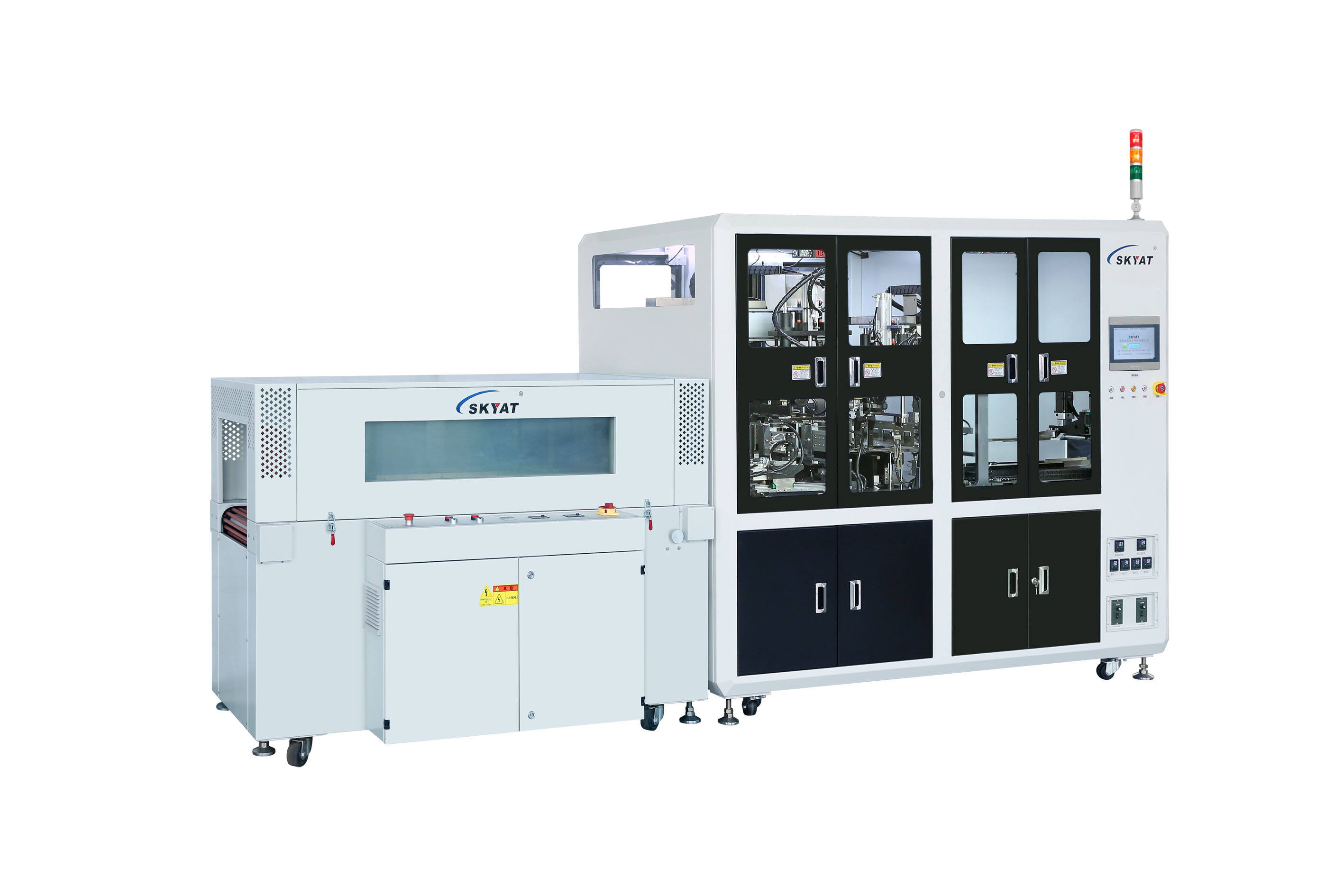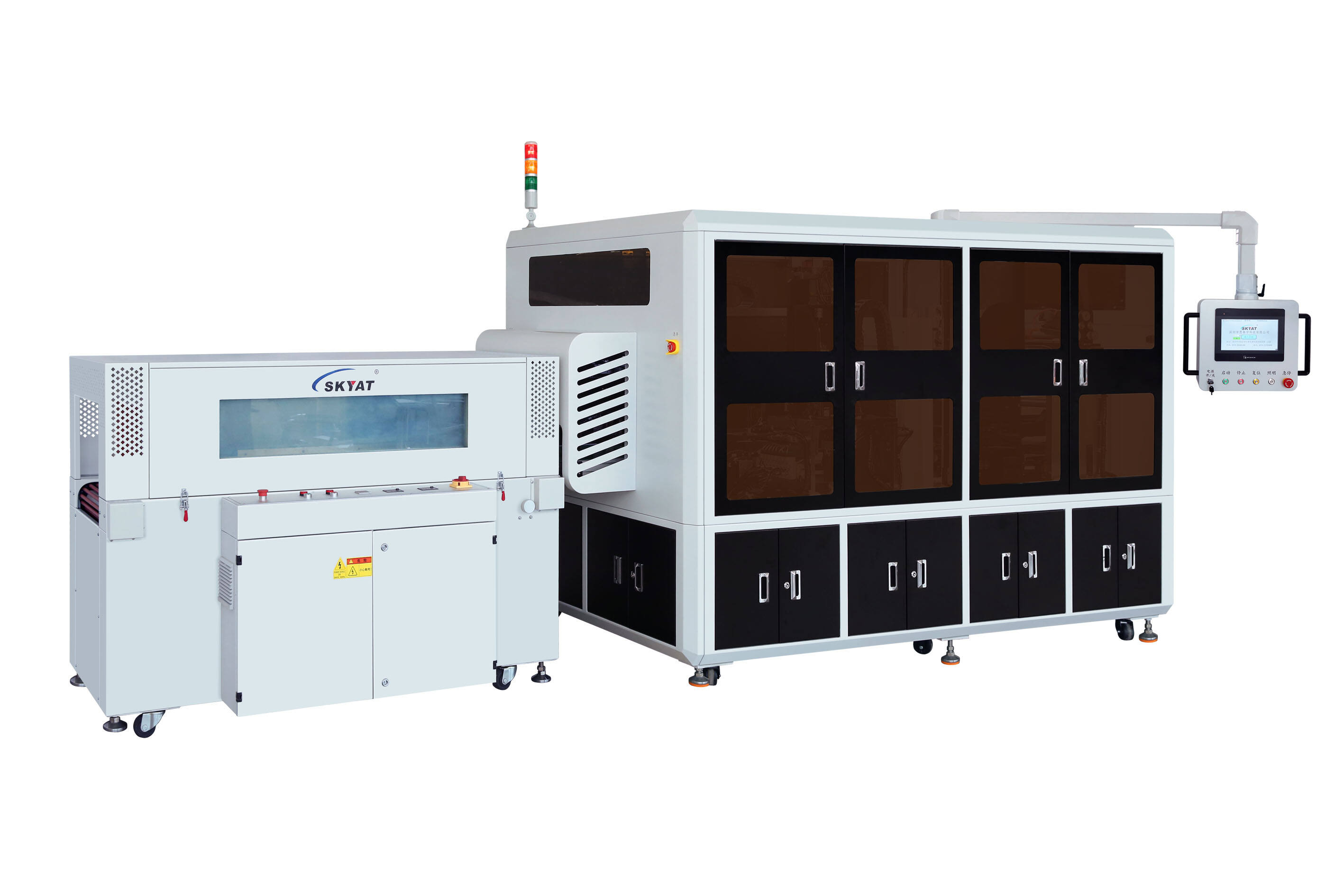Comparing the price of shrink wrapping machines reveals a wide range driven by automation level, capacity, and advanced features, making it essential for businesses to align costs with their specific needs—whether they operate in small-scale tea packaging or large automotive production. Prices vary significantly, from budget-friendly manual options to high-end fully automatic systems, each catering to different industry demands. Manual shrink wrapping machines are the most affordable, with prices typically ranging from \500 to \5,000. These include handheld heat guns, tabletop sealers, and small shrink tunnels, suitable for low-volume operations like boutique cosmetics or custom drone prototype packaging. Their low cost makes them accessible for startups or businesses with irregular production schedules, such as seasonal tea processors. However, these machines lack advanced features, relying on manual labor for consistent results, which limits their use in high-demand industries. Semi-automatic machines, priced between \5,000 and \30,000, offer a balance of automation and affordability. They include L-sealers with integrated tunnels and conveyors, automating film sealing while requiring manual product loading. This makes them ideal for medium-volume industries like healthcare products manufacturing or smart electronics component production, where output ranges from 100 to 1,000 items daily. The higher price reflects motorized film feed, adjustable settings, and better durability compared to manual machines. For example, a semi-automatic machine with a 20-inch sealing bar, suitable for wrapping small to medium-sized ceramic items, typically costs \10,000-\15,000, offering a significant upgrade in efficiency over manual methods. Fully automatic shrink wrapping machines, designed for high-volume production, range from \30,000 to \200,000+. These systems include conveyor integration, robotic loading, and advanced sensors, handling 100+ items per minute—perfect for automotive parts, steel components, or new energy product lines with large daily outputs. Prices increase with speed, customization, and material compatibility. A fully automatic machine capable of wrapping large steel beams, for instance, may cost \100,000+, while a compact model for game consoles or small electronics might be \30,000-\50,000. The premium price reflects features like IoT connectivity, predictive maintenance, and the ability to handle diverse films, from anti-static to biodegradable options. <br><br>Additional costs to consider include installation, training, and accessories. Fully automatic systems often require professional installation \1,000-\5,000 and operator training, while manual machines are plug-and-play. Accessories like film rolls, custom fixtures for irregular shapes, or extended conveyors can add 10-20% to the base price, though they enhance functionality—critical for industries like pharmaceuticals, where compliance requires specialized tools. <br><br>When comparing prices, it’s important to match machine capabilities to industry needs. A \5,000 manual machine may suffice for a small tea brand, while a $50,000 fully automatic system is necessary for a new energy component manufacturer producing 10,000 units daily. By focusing on long-term value rather than upfront cost, businesses can select a machine that balances affordability with efficiency.




Copyright © 2025 By Skyat Limited. - Privacy policy